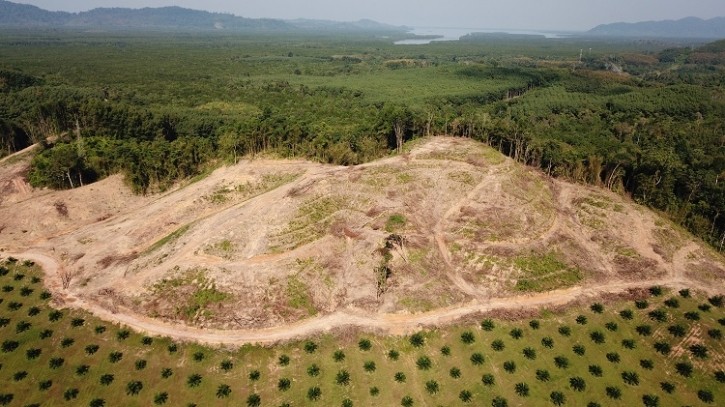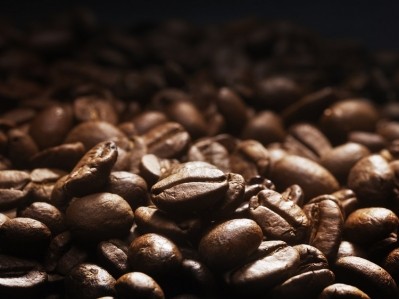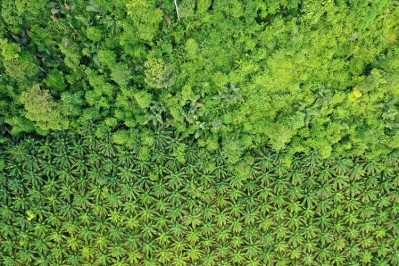Responsible sourcing of high-risk commodities: The latest

Palm oil, soy, cocoa, and coffee are amongst the commodities most associated with deforestation. Another that hasn’t yet made the European Union’s hitlist, maize, is also considered a ‘growing contributor to the deforestation footprint’.
With food majors under increasing pressure to stamp out irresponsible practices from ingredient supply chains, we round-up the latest strategies, ambitions, and policies promising to cut environmental violations.
Will they work before it’s too late?
Which crops are the least prepared for the EUDR deadline?
With the EUDR deadline fast approaching, which crop is the most likely to comply? And conversely, which are predicted to cause the biggest regulatory headaches?
Is the EU’s Nature Restoration Law compatible with regenerative agriculture?
The EU’s new Nature Restoration Law wants to build up ecosystems, restore biodiversity, and help to pollinate crops. How closely does this resemble the aims of regenerative agriculture?
Should maize be included in EUDR?
The EUDR deadline is now less than five months away. As the 30 December date looms on the horizon, we wonder if there are commodities missing from the list, in particular, maize.
OFI unveils first company-wide emissions targets: ‘It’s a stretch, but achievable’
For the first time, OFI is setting a company-wide sustainability strategy, including Scope 1, 2 and 3 emissions targets to achieve by 2030.
How manufacturers can source soy sustainably: EUDR and beyond
Soy is under the spotlight due to the approaching enforcement of the EUDR. So how can soy manufacturers ensure they’re sourcing sustainably?
How Nestlé is making its cocoa more traceable
Nestlé is striving to make it cocoa traceable right back to the farm. Can the multinational give consumers confidence they’re eating sustainable cocoa?
Will EU delay EUDR deadline?
Rumours are rife that the EU is planning to delay the EUDR deadline past 30 December 2024. But is this true? And if not, are suppliers and manufacturers ready?
Why are soybean prices falling?
Despite challenges from regulation and climate, soybean prices have spent the last year falling. Why?
How will the CSDDD be implemented in Member States?
The CSDDD, which aims to keep large companies’ supply chains to high standards on sustainability and human rights, has passed through the European Parliament. Now comes the tricky part: implementation.
How much progress has really been made on sustainable palm oil production?
As Ferrero is applauded for its efforts on sustainable palm oil, Greenpeace says the rest of the industry has a long way to go.
EUDR: Seven lesser-known ways food operators could be impacted
As food and beverage operators scramble to comply with the EU’s new deforestation law, we round up seven of the lesser-known ways industry could be impacted.
When will the price of cocoa come down?
As cocoa prices continue to soar, we ask the question on every chocolate maker’s lips.
How can the EU use its influence to make commodities more sustainable?
The EU buys a range of agricultural commodities, meaning a significant leverage over markets where they are produced. How much leverage does the EU have in making sourcing more sustainable?
Cocoa cooperatives in Cote d’Ivoire: A conduit for collective action
Cooperatives help cocoa famers sell their produce, as well as work with ingredients companies to learn new agricultural techniques.
What impact will EU deforestation law have on Brazilian soy trade?
How prepared are Brazil’s vegetable oil and soybean producers for EUDR?


























